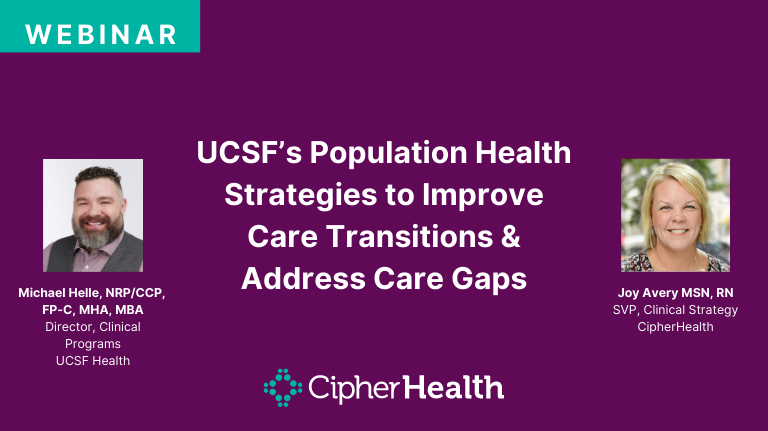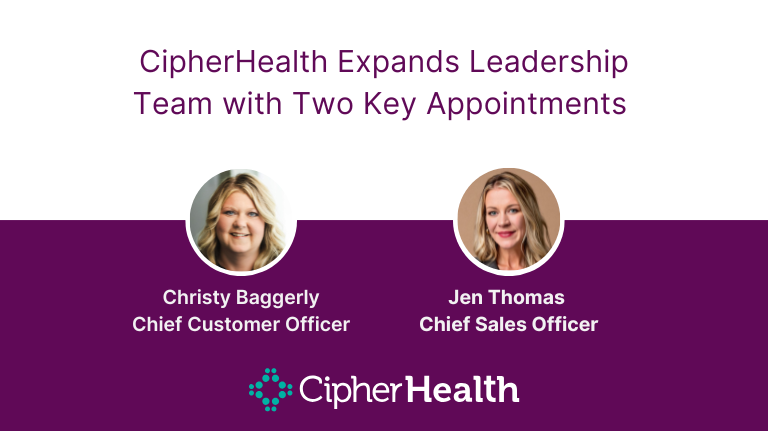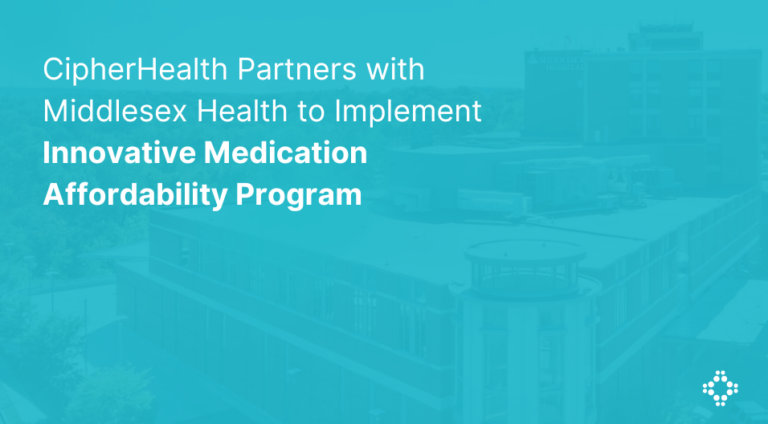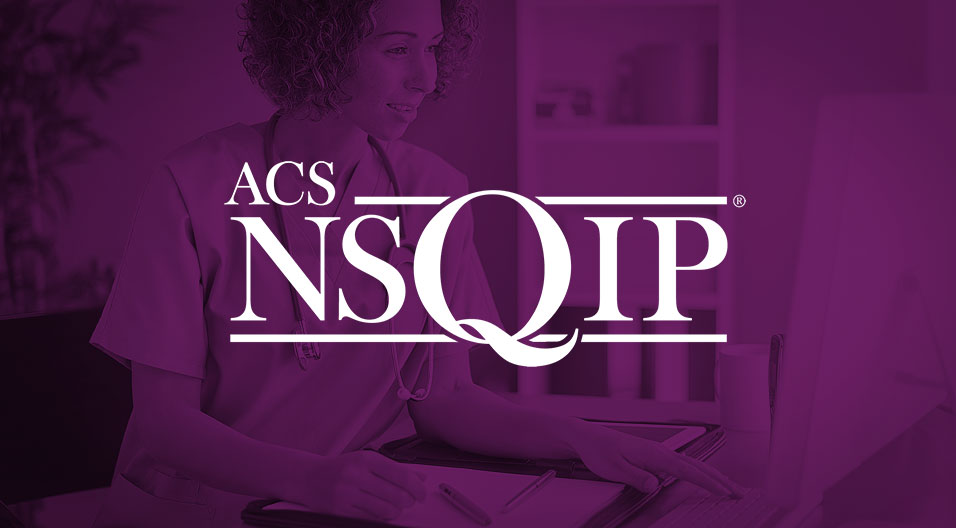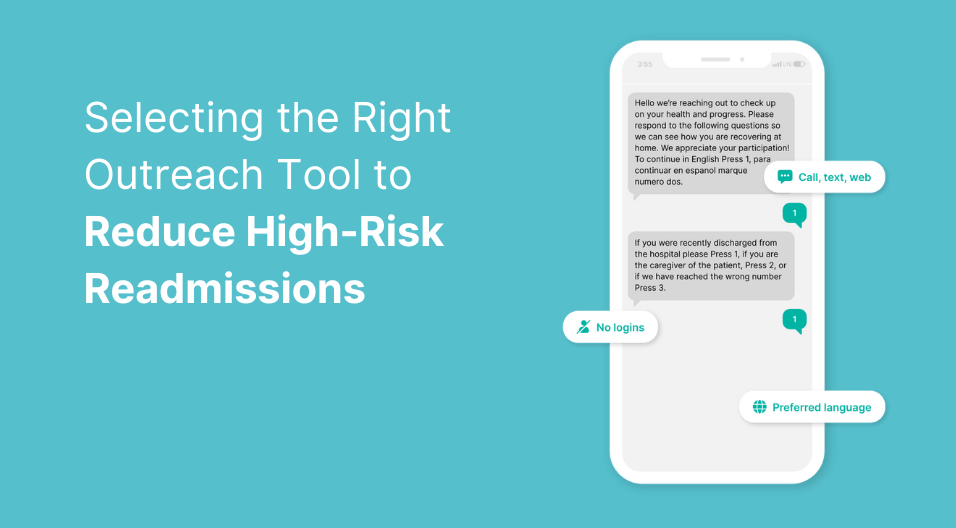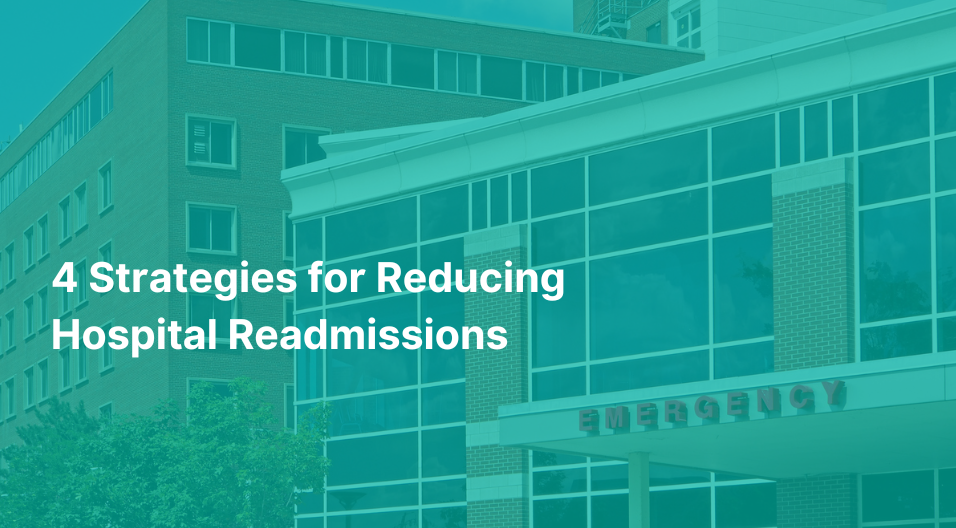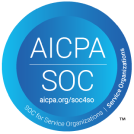ACS NSQIP, an outcomes-based program to measure and improve the quality of surgical care, has significant upside for hospitals. It uses a prospective, peer-controlled, validated database to quantify 30-day, risk-adjusted surgical outcomes – and participating hospitals receive tools, analyses and reports to make informed decisions about improving the quality of care. But in order to participate, hospitals are required to track and communicate with surgical patients for 30 days post-discharge via a follow-up phone call or letter and must show that they have made at least three attempts to reach patients.
The challenge? Hospital staff are overwhelmed with providing quality care in an increasingly short-staffed environment. They need to be able to focus on the patients in front of them instead of taking time to make multiple follow-up calls. Fortunately, there’s a solution: CipherOutreach’s automated post-discharge calls give more time back to clinicians while satisfying NSQIP requirements. Here’s the why and how.
How does CipherOutreach help you meet NSQIP requirements?
Instead of spending time manually calling patients, hospitals can automate the process through CipherOutreach to contact patients post-surgery. The automated calls qualify as part of the three required attempts and staff only manually calls back patients who flag that they require assistance. If the health system can not reach the patient after the three automated attempts the case is considered complete according to NSQIP.
What are the benefits of using CipherOutreach for NSQIP?
CipherOutreach creates time savings and improved resource allocation through automation. Ninety-nine percent of the time, NSQIP calls do not lead to reportable occurrences. By automating outreach to patients, the workload for staff is cut down substantially, freeing them up for follow-up calls with patients who have had unexpected issues arise post-surgery and require timely assistance or for other work needed throughout the hospital.
Three academic facilities in California using CipherOutreach to meet NSQIP requirements saw the following results in 2021:
- 1st facility – 528 Patients Called, 85% Reached using Voice
- 2nd facility – 1064 Patients Called, 81% Reached using Voice
- 3rd facility – 1061 Patients Called, 98% Reached using Voice + SMS
How are current customers using CipherOutreach for NSQIP?
Currently, CipherHealth’s customers are using automated calls to reach specific populations set by ACS —bariatric, colon surgery and pediatric — to follow up with them 30 days post-surgery. Generally, they have tried to limit the number of calls made to between 3 and 6 times depending on the facility. An example of the kind of automated message sent is: “As part of a quality initiative, we would like to follow-up regarding the outcome of your surgery. Did you have any unexpected medical problem or require a readmission or another operation within a month following your surgery?” Thus far, all customers have had minimal reporting needs and are able to track the number of calls or attempts made to patients monthly.
Using CipherOutreach for NSQIP has proved successful for our customers in not only meeting ACS requirements but as an efficient, cost-effective way to track their patient post-surgery and take appropriate steps to enable quality improvement and monitor surgical outcomes.
